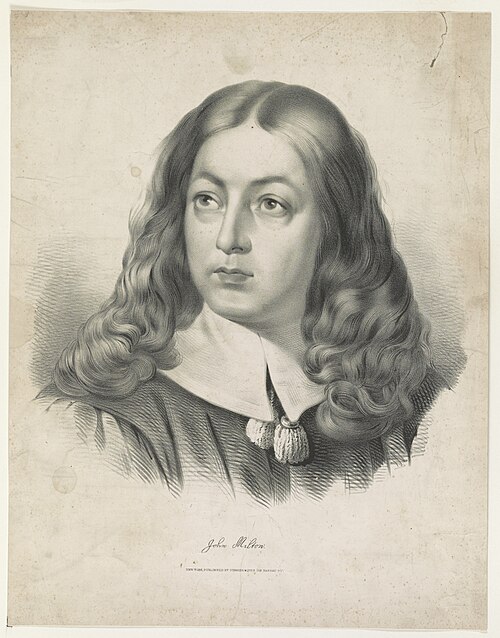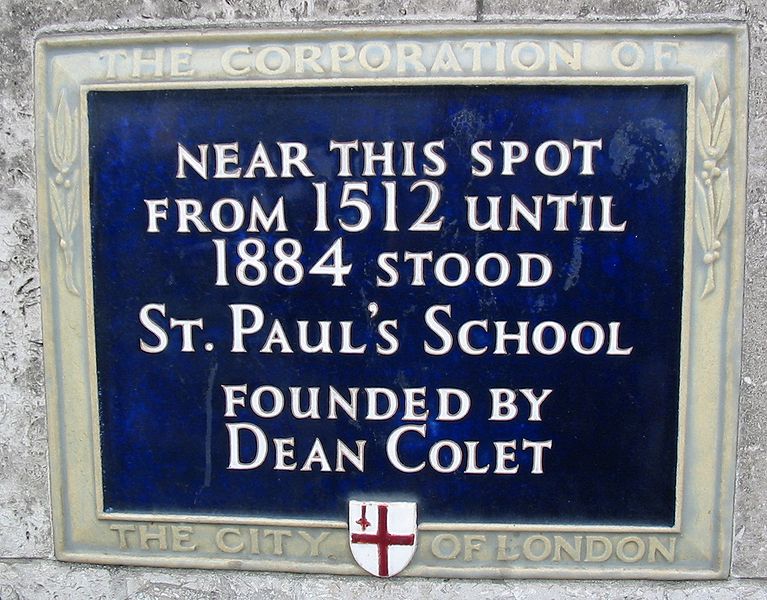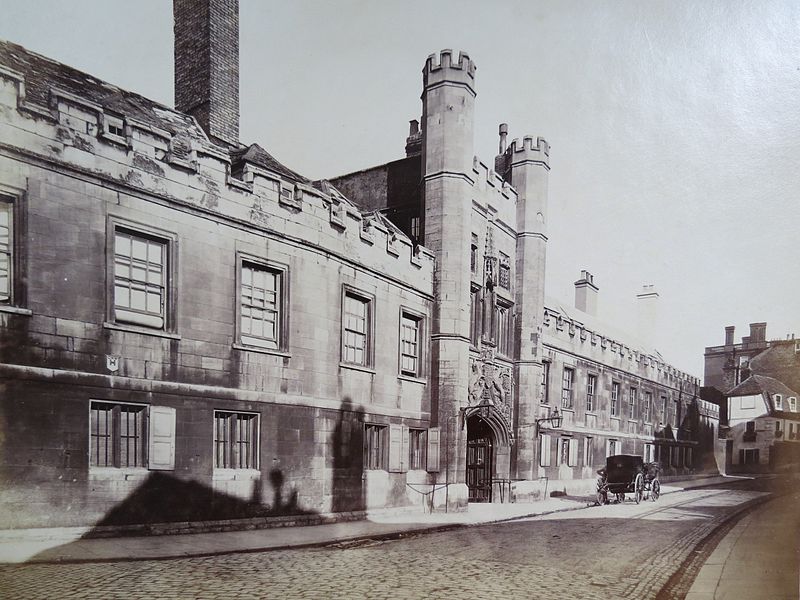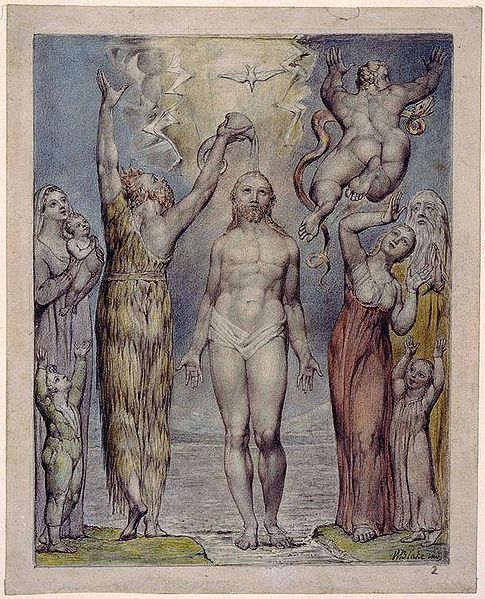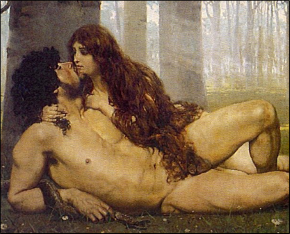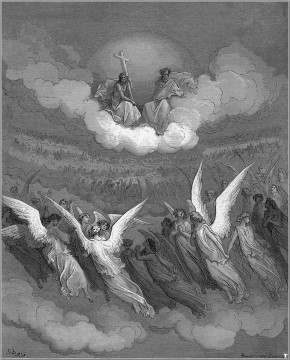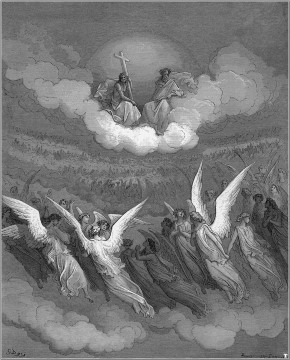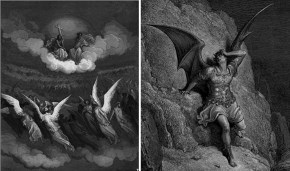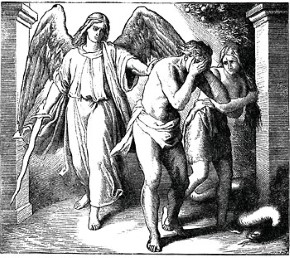Milton, John
John Milton was born in 1608 in London to a wealthy family of a composer and scrivener, John Milton senior. Milton was brought up a Puritan, both by his parents and tutors at St Paul’s School in London. His strong appreciation for the religious values and Puritan traditions influenced his writing and remained a recurrent theme of his works.
Milton studied humanities at Cambridge University and graduated with a master’s degree in 1632. Later, in 1638, he started travelling around Europe, visiting France and Italy, where he was exploring classical art and literature. Despite his family's wishes, he gave up his prospects of training to become an Anglican priest in favour of becoming a poet. To support himself financially, he became a private tutor.
He saw his poetry as a means of serving God and propagating Puritan ideas among his readers. His aim as a poet was to convey messages of the ways of God, to praise morality and to picture disdain for sensuality and baseness.
Milton's poetical ambition was to write epic poetry referring to the literary traditions of ancient Greece and to classical texts such as the Odyssey and the Iliad.
He was a keen supporter of the republican movement and in opposition to the royalists. As well as other works, he also published political material, such as the strongly republican The Tenure of Kings and Magistrates. His radical thoughts were highly controversial at the time – he was admired by the republicans for his courageous anti-royal works, but disregarded by the royalists. He also published works touching upon the necessary educational reforms and the morality of divorce and cases in which it could be acceptable (after the failure of his own marriage). Furthermore, he fought censorship in literature, by publishing tracts such as Areopagitica. His fluent use of Latin in these works helped Milton convey his messages to other scholars and politics across the European continent – Latin was, at the time, the international language.
His vast knowledge of foreign languages (French, Italian, Latin, Greek and German, to name a few), strong political views and his literary artistry led the political leader Oliver Cromwell to appoint Milton as the Secretary for Foreign Tongues (specialising in Latin) in the Commonwealth of England – the republican state created after the execution of Charles I. After the Civil War broke out in 1642 and King Charles I was executed in 1649, Milton devoted himself almost wholly to the publishing of republican manifestos and pamphlets, reducing the focus on his poetry. He thus put his ideas of an epic religious poem about the fall of man aside for a few years.
After Cromwell's death in 1658 there was a general confusion around the government and the ideas of how it should work. The society did not want any more political upheaval but rather the return to the pre-war 'normality'. As a result of a parliamentary agreement, the restoration of monarchy took place in 1660 as Charles II came back from exile and was crowned king.
This return to the monarchy left the republicans, such as John Milton, disillusioned and disappointed. However, he continued writing radical tracts on the lack of need for a monarch in England. Republicanism was no longer the general thought in the society and therefore, as a result of his bold writing, he had to live in hiding and was imprisoned for a short time. Then, after the years of his civil service and writing, Milton gradually became blind. His life finally regained its stability around 1663 when he married for the third time. In 1667, the blind Milton dictated Paradise Lost to his daughters. As well as a fruitful effect of Milton's peaceful final years, this text could also be an outcome of his Restoration despair.
